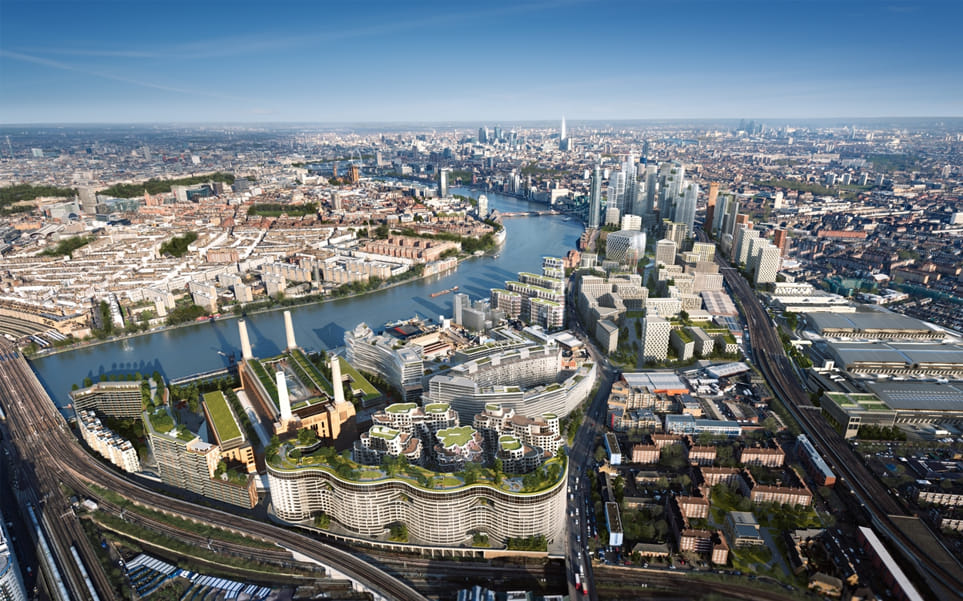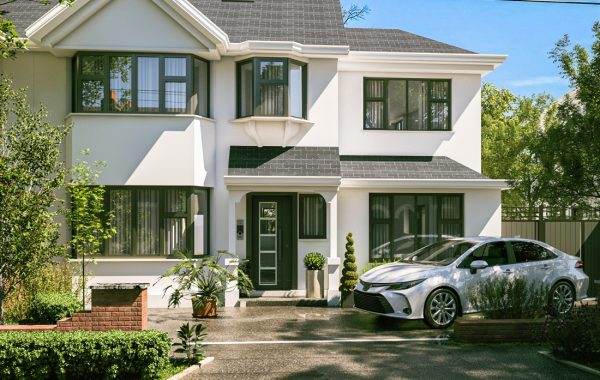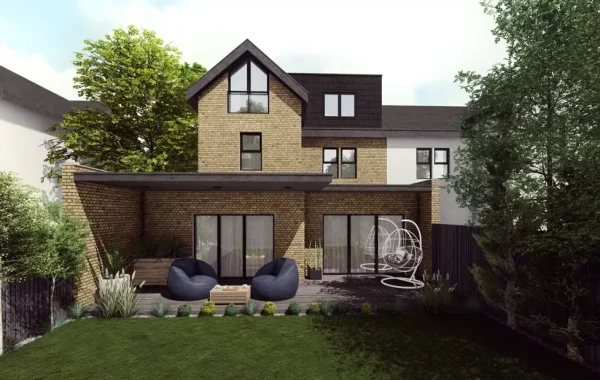
How Long Does Planning Permission Really Take in London?
London’s construction and renovation projects often hinge on one critical factor: planning permission. Whether you aim to build a new home, extend your existing property, or change the use of a building, securing planning permission can define the timeline of your project. Homeowners, developers, and investors frequently ask the same question: how long does planning permission really take in London?
The answer is not straightforward. Multiple factors influence the process, from the type of application to local council workloads. This blog breaks down the expected timelines, potential delays, and practical steps to keep your project on track.
Key Takeaways
- Householder applications generally take 6–8 weeks.
- Full planning applications usually take 8–13 weeks, with complex projects taking longer.
- Outline applications often require 13 weeks or more.
- Delays occur due to objections, environmental issues, or incomplete submissions.
- Early engagement with the council and complete applications speed up approvals.
Types of Planning Permission in London
Before examining timelines, it helps to identify the types of planning permission you may need:
-
Full Planning Permission
This applies when you intend to build a new structure, make major changes to an existing property, or significantly alter land use. Councils thoroughly assess these applications, which means the process can take longer than minor works approvals. -
Outline Planning Permission
Developers often use outline permission to get initial approval for the principle of development. It does not include final details, but it allows you to secure agreement before investing in detailed plans. -
Householder Planning Permission
Smaller projects, such as loft conversions, extensions, or minor structural changes, fall under this category. Councils generally process these applications faster, often within a few weeks. -
Permitted Development Rights
Some minor works do not require planning permission. However, London’s local councils may impose restrictions, especially in conservation areas or for listed buildings.
Average Timeline for Planning Permission in London
The time required for planning permission varies significantly depending on the application type, complexity, and council workload. Here’s a realistic breakdown:
1. Householder Planning Permission
Householder applications are usually straightforward. Most councils aim to make a decision within 8 weeks. In some cases, applications can be processed in 6 weeks, especially if no objections arise.
2. Full Planning Permission
Full planning applications involve detailed assessments. Councils consider factors such as environmental impact, traffic, and community feedback. This process typically takes 8 to 13 weeks, but complex projects can extend beyond 6 months.
3. Outline Planning Permission
Outline applications aim to secure agreement on the principle of development. Councils generally respond within 13 weeks, but delays are common if additional information or consultations are required.
4. Major Development Projects
For large-scale developments, such as residential blocks or commercial spaces, councils may take up to 16 weeks or longer. Multiple consultations, environmental assessments, and public objections can extend the timeline.
Factors That Affect Planning Permission Timelines
Several variables can impact how quickly your planning application progresses:
-
Council Workload
London’s borough councils often face heavy workloads, which can delay processing. Applications submitted during busy periods may take longer than the standard 8–13 weeks. -
Application Completeness
Incomplete applications are a major cause of delays. Missing documents, unclear plans, or lack of supporting information can trigger requests for further details, slowing approval. -
Site Location
Properties in conservation areas, near listed buildings, or within sensitive zones require additional scrutiny. Councils must balance development needs with historical preservation and community impact. -
Public Objections
If neighbours or local groups raise objections, councils may need extra time to review concerns. Public consultations can add weeks or even months to the process. -
Consultations with Statutory Bodies
Planning applications often require input from highways, environmental agencies, or health and safety authorities. Waiting for their feedback can increase the timeline. -
Amendments to Plans
If the council requests changes or you submit revisions, the clock resets in some cases. Each round of amendments can add several weeks.
Tips to Speed Up Planning Permission
While councils control the process, you can take steps to reduce delays:
-
Submit a Complete Application
Include detailed plans, surveys, and supporting documents. Clear, accurate information prevents back-and-forth requests from the council. -
Engage Early with the Council
Pre-application discussions allow you to identify potential issues before submission. Early guidance can save weeks in revisions. -
Hire a Planning Consultant
Experienced consultants know local council expectations. They can help tailor your application to increase approval chances. -
Check Local Policies
Each London borough has planning policies. Aligning your project with council guidelines reduces the risk of objections. -
Consider Permitted Development Rights
If your project qualifies, you may bypass planning permission entirely, saving time. However, confirm eligibility with your council to avoid penalties.
Common Reasons Applications Get Delayed
Even well-prepared applications can face setbacks. Some common causes include:
- Neighbour objections: Councils give serious consideration to public concerns.
- Environmental concerns: Projects affecting green spaces or wildlife often require additional assessments.
- Traffic impact: Large developments may trigger studies on parking and road use.
- Heritage issues: Listed buildings or conservation areas can extend review periods.
- Incomplete documentation: Missing surveys, floor plans, or technical reports.
By anticipating these factors, applicants can plan for possible delays and set realistic project timelines.
Realistic Expectations for London Developers
Setting practical expectations is crucial. While councils aim to process applications promptly, real-world experiences often differ. Many applicants experience:
- Short delays (2–4 weeks) for minor clarifications.
- Medium delays (1–3 months) for objections or additional consultations.
- Long delays (over 6 months) for complex, large-scale developments.
Studio 20 Architects advises clients to factor in these timelines when planning budgets and schedules.
Case Studies: Timeline Examples
Case 1: Small Loft Conversion
- Submission: Complete householder application
- Council decision: 6 weeks
- Outcome: Approved with minor conditions
Case 2: Residential Extension
- Submission: Full planning application with structural survey
- Council decision: 12 weeks
- Outcome: Approval granted after minor plan adjustments
Case 3: Large Residential Development
- Submission: Outline planning permission for 50-unit block
- Council consultation: 8 weeks
- Public objections addressed: 6 weeks
- Outcome: Approval granted after 16 weeks
These examples highlight how project size and complexity impact timelines.
Frequently Asked Questions (FAQs)
Can planning permission be expedited in London?
Yes, councils offer pre-application advice, which can identify issues early and reduce delays. However, statutory timelines must still be observed.
How long does it take to get permission for a loft conversion?
Typically, 6–8 weeks for householder planning permission, unless objections or additional surveys are required.
What happens if my application is refused?
You can appeal the decision within 6 months. Alternatively, you may revise your plans and resubmit for approval.
Do all building projects require planning permission?
No. Some minor works fall under permitted development rights, but local council restrictions may still apply, particularly in conservation areas.
Can neighbour objections stop my application?
Objections do not automatically block approval, but councils must review and consider concerns, which can add time to the process.




